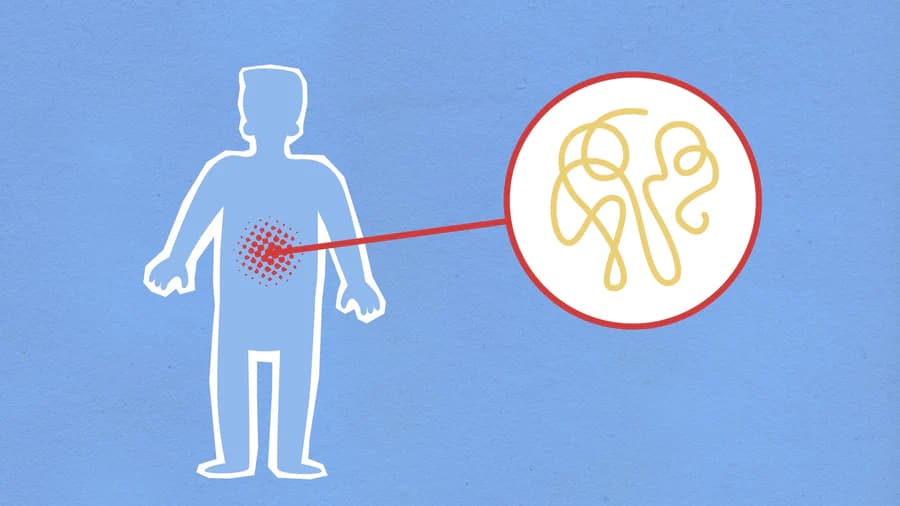There is a lot to be said about inflammation! It is not something to discuss generally as every person’s root cause(s) of their inflammatory responses is unique and would need to be individually assessed, but here is some very useful information if you are suffering from inflammation/pain.
Inflammation is a necessary and important protective response. The inflammatory response can be acute, lasting a few hours/days or chronic, lasting weeks/months or years. This can be triggered by a variety of stimuli such as infections, immune reactions, trauma, physical and chemical agents such as burns, frostbite etc.
What happens in the body when there is inflammation?
When there is a trigger, the immune system gets to work involving many types of tissues and cells including endothelial cells, white blood cells, connective tissue cells (mast cells, fibroblasts, tissue macrophages and lymphocytes) and components of extracellular matrix such as fibrous proteins like collagen and elastin. All of these cells and tissues are assigned a job to protect you and make you better.
The goals of the inflammatory response are to eliminate the initial cause of cell injury by:
- Diluting, destroying and neutralizing the harmful agents
- Remove damaged tissue
- Generate new tissue
Sometimes this works out well and the injury/infection is resolved, sometimes the inflammatory response is chronic and results in many unpleasant symptoms that linger and turn into disease(s) that are with you for a long time.
Classic signs of inflammation
- Redness
- Swelling
- Heat
- Pain or discomfort
- Loss of function
- Fever
- Chills
- Fatigue
- Headaches
- Loss of appetite
Many of these signs are actually happening on purpose to heal you, even though it may not feel like it! When inflammation happens, your body raises blood flow to the area of injury or infection (redness and heat) full of immune chemicals which may cause fluid to leak into your tissues (swelling) and this protective process may trigger nerves and cause pain.
Pain is a warning sign that something is wrong.
There are many conditions that are linked to inflammation such as heart disease, diabetes, asthma, fibromyalgia, back pain, cancer, arthritis etc. In fact, the “itis” in arthritis actually means “inflammation.” Inflammation does not always mean you will experience pain. Organs can be inflamed such as the heart (myocarditis) and you could feel shortness of breath or the kidneys (nephritis) which may cause high blood pressure.
Checking some biomarkers in the blood such as C-reactive protein (CRP) and Erythrocyte sedimentation rate (ESR) can indicate there is inflammation in the body.
At SeeBeyond Medicine, our main goal is to identify why you are inflamed. Then we work on the root causes of inflammation, which is when the magic happens. The body has an amazing ability to heal itself once the root cause is addressed. However, if there is a burden/pathogen that your immune system is constantly fighting or protecting you from (bacteria, virus, toxins, allergies, leaky gut) this inflammatory response remains constant as well as all of the unfortunate symptoms, including PAIN.
The best course of action would be for you to identify the cause of inflammation and start your healing journey properly. Please consult with a physician before following any of our protocols or schedule a free consult with SeeBeyond Medicine to learn your individual needs. Below are some very successful guidelines on what you can do that may give you relief and lower inflammation in your body.
SeeBeyond Medicine Inflammation/Pain Protocol
Lifestyle Interventions
- Physical Therapy, Electric stimulation, Acupuncture
- Trigger Point Massage or Injections
- Apply ice packs to sore muscles/inflamed areas
- Gentle movement – stretching, yoga
- Sleep – disrupted sleep stimulates inflammatory gene expression/cytokine production
- Avoid sitting for too long – use a standing desk or stand and stretch every hour
- Deep breathing – stimulates neurotransmitter acetylcholine and reduces inflammation
- Hydrate! Drink at least half your body weight in ounces of water per day
Anti-inflammatory Nutrition Guide
- Diet high in polyphenols, fiber and antioxidants to lower inflammation and oxidative stress. Berries, cherries, black currants, hazelnuts, artichokes, ground flax seed, nuts, seeds, avocado, apple, swiss chard, kale, collard greens, bok choy, celery, carrots, beets, broccoli, spinach, oranges, pineapple, tomatoes, green tea
- Essential Fatty acids from sources such as omega 3 cold water fish such as salmon, mackerel, sardines, cod, trout as well as plant-based sources such as walnuts, flax, chia and hemp seeds
- Herbs and spices that contain anti-inflammatory properties such as allspice, cinnamon, cloves, rosemary, turmeric, ginger and oregano
- Drink calming teas such as holy basil (tulsi), turmeric or ginger tea
Eliminate or Limit
- Aspirin, ibuprofen and acetaminophen if possible, to avoid interference with healing
- Red Meat – limit to once per week
- Avoid hydrogenated oils from corn, cottonseed, soybean, safflower and sunflower. An excess of Omega 6s oils can aggravate inflammation
- Sugar, white flour and all refined carbohydrates including cereals, pasta, bread, bagels. Replace with quinoa, brown rice, sweet potatoes or steel cut oats
- Smoking & Alcohol
SeeBeyond Medicine Inflammation/Pain Supplement Protocol
- Curcumin a highly bioavailable curcuminoid formulation. It contains a unique combination of three bioactive, health-promoting curcuminoids: curcumin, bisdemethoxy curcumin and demethoxy curcumin, along with turmeric oil. The three curcuminoids are the strongest, most protective and best researched constituents of the turmeric root supporting a healthy inflammatory response and immune system.
- Inflamaway a combination of herbs, nutrients and proteolytic enzymes for modulating the inflammatory response, supporting the natural clearance of proteins like kinin and fibrin, and for supporting healthy lymphatic drainage. The ingredients in Inflamaway provide natural support for a healthy inflammatory response and help protect against oxidative stress.
- SPM Active is designed to help support the body’s natural capacity to respond to physical challenges and resolve the immune response.
Please consult with a physician before following any of our protocols or schedule a free consult with SeeBeyond Medicine.
In good health,
Dayna Arena, RN
SeeBeyond™ Medicine
